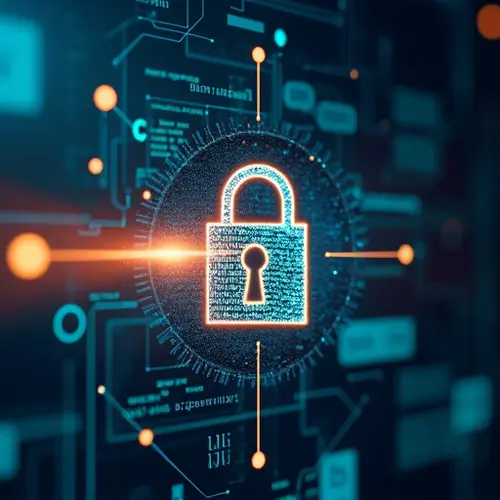
The Dawn of Quantum Encryption
Quantum encryption, particularly Quantum Key Distribution (QKD), is revolutionizing the way data is secured. Unlike traditional encryption methods, which rely on mathematical complexity, QKD leverages the principles of quantum mechanics to create unbreakable encryption keys. This technology ensures that any attempt to intercept the key will be immediately detected, making data transmission virtually untouchable.
Zero-Trust Security in the Quantum Age
The Zero Trust security model, which operates on the principle of "never trust, always verify," is being redefined by quantum encryption. By integrating QKD into Zero Trust frameworks, organizations can achieve unprecedented levels of security. This combination ensures that no device, user, or network is inherently trusted, and every access request is rigorously authenticated.
How QKD Works
QKD involves the transmission of quantum states (usually photons) between two parties. Any attempt to eavesdrop on these transmissions disrupts the quantum states, alerting the parties to the intrusion. This makes QKD inherently secure, as it relies on the fundamental laws of physics rather than computational difficulty.
Challenges and Future Prospects
Despite its promise, QKD faces challenges such as the need for authenticated classical channels and high implementation costs. However, advancements in quantum technology are expected to overcome these hurdles, paving the way for widespread adoption in sectors like finance, healthcare, and government.

 Nederlands
Nederlands
 English
English
 Deutsch
Deutsch
 Français
Français
 Español
Español
 Português
Português